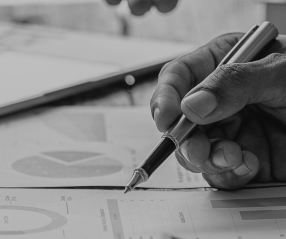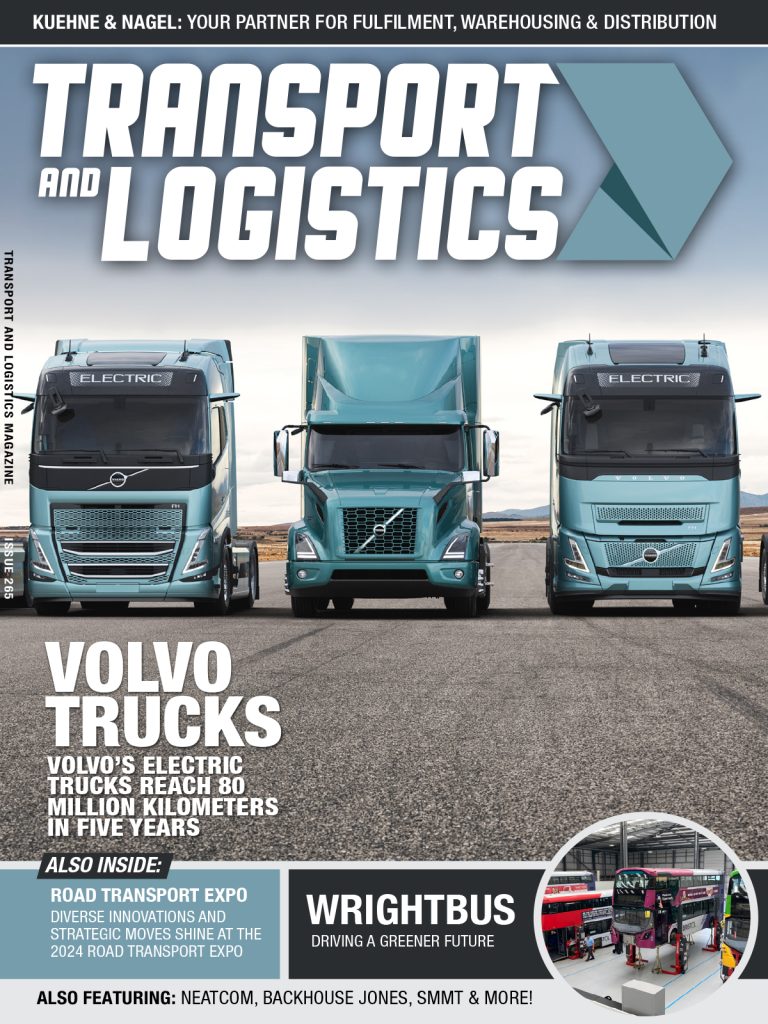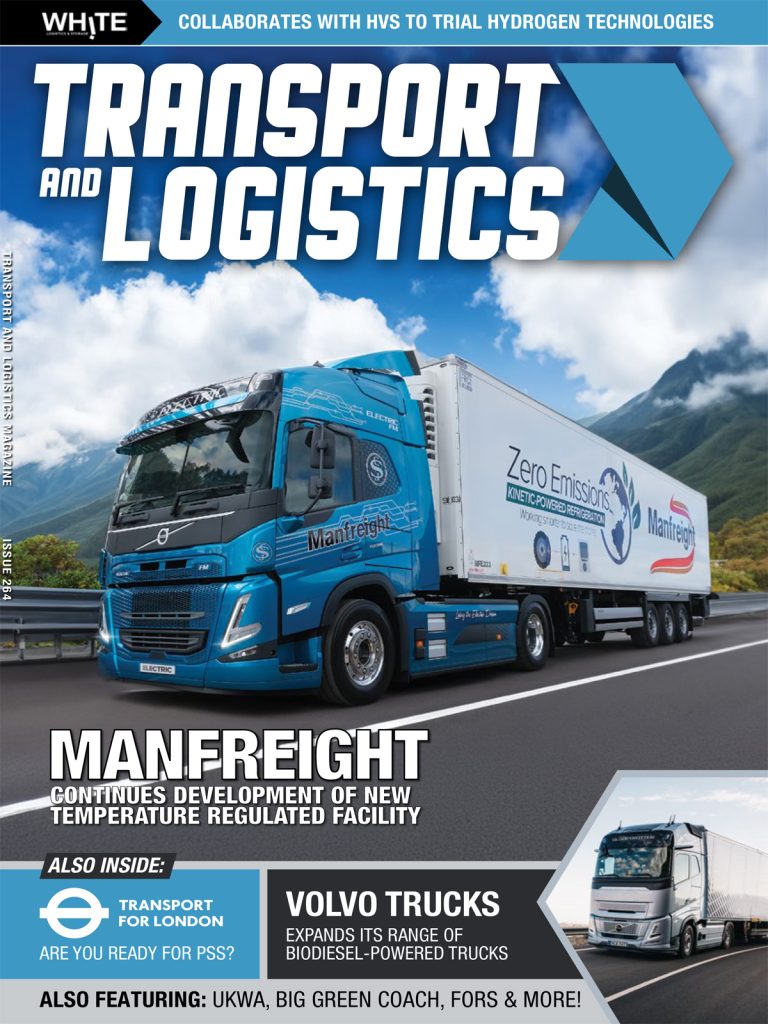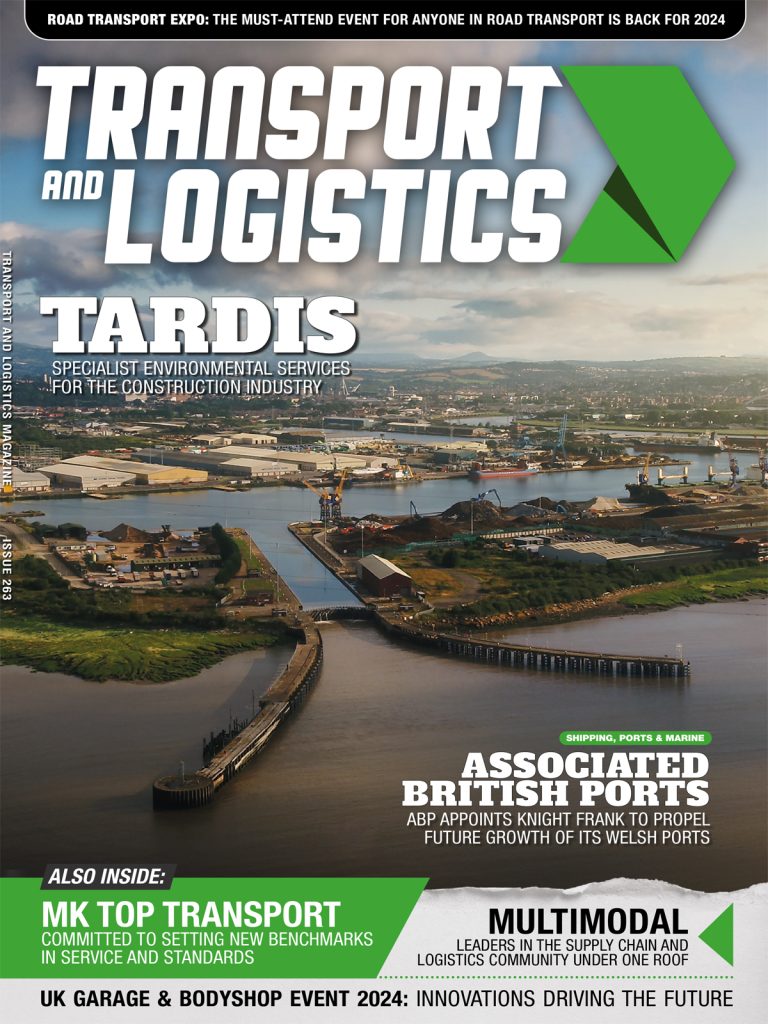Brits are being urged to consider fuel preservation methods when driving, as the cost of fuel sees its biggest increase in over ten years. The team at LeaseCar UK have compiled a list of the top ways to reduce fuel consumption to help motorists save some pennies.
According to recent data, petrol prices have risen from an average of £1.06 per litre pre pandemic (March 2020) to £1.29 per litre as of June 2021. This increase is said to be the biggest rise within a twelve month period since May 2010.
A spokesperson for LeaseCar UK said: “With the cost of petrol and diesel rising above pre-covid prices, our pockets will be really taking a hit. That’s why it is important to look after our vehicles and take measures to increase our mileage in order to get the most for our money. Changing simple habits like the way we accelerate and brake or even carrying out basic tyre checks can decrease fuel consumption, and save us a lot of money in the long run.”
Top tips to decrease fuel consumption
Look after your tyres
Driving with flat tyres can significantly reduce their life expectancy and can lead to an increase in fuel consumption. It is important to check tyres regularly – usually about once a month will suffice and definitely before any long journey. Tyre pressure information can often be found on the inside of the driver side door or in the car’s manual.
Pick the right cooling method
Selecting the right way to cool down in the car is key to preserving fuel. Opening the windows when driving in the city is actually more efficient than using air-con. However, when you are driving at a higher speed like on the motorway for example, it is more fuel efficient to use air-con as opening the windows can make the vehicle less aerodynamic and consequently create more drag force.
Remove excess weight
Anything such as roof racks and boxes should be removed when not in use as they can also create a greater drag force, especially at higher speeds. The same effect can be had with weight inside the car, unnecessary items in your boot or back seat will decrease the amount of miles you can get per gallon.
Driving style
Simple changes to your driving style can have a massive impact on the amount of fuel you use. Slamming down on the accelerator and staying in a low gear can both have a negative effect on your fuel economy. Remaining smooth when accelerating and braking can help to stop wasting fuel and also make for a more pleasant driving experience.
Don’t drive in neutral
It is a common misconception that you don’t expend any petrol or diesel when putting your car into neutral whilst travelling down a hill. However, this is often false as many drivers fail to gauge the right gear to go back into, which in turn burns more fuel. Attempting to put your car back into drive can be particularly risky if you drive an automatic because your engine has not gone through the natural progression of gears. Doing this is not only a safety concern, but places a lot of stress on your engine which in turn uses more fuel than if you were to just stay in gear.
Avoid idling
Not only is remaining idle for too long a punishable offence, but it also wastes a considerable amount of fuel. If you have a modern car, it is more efficient to use the stop start feature than to keep your engine running. If however, you have a vehicle that doesn’t have this feature and you are waiting for more than thirty seconds, it is best to turn the engine off until you need to go again.














